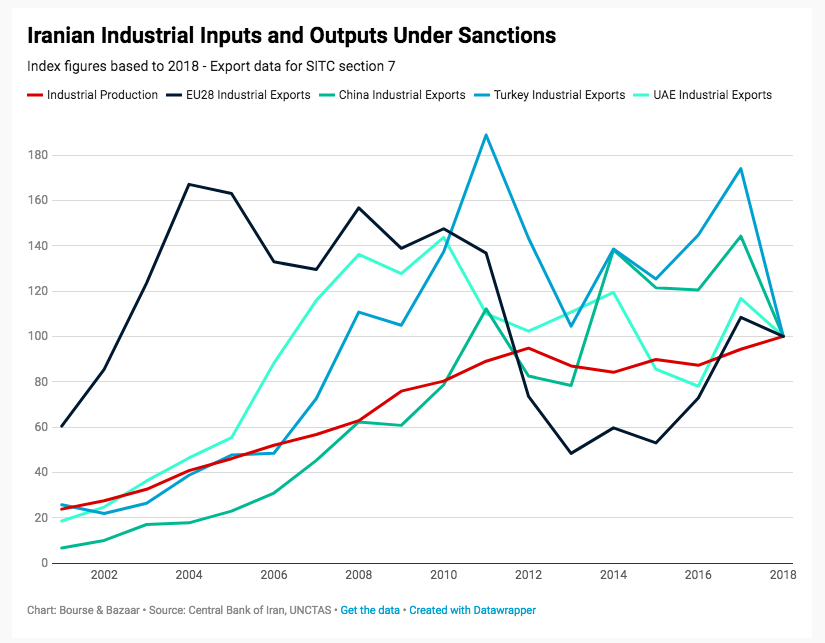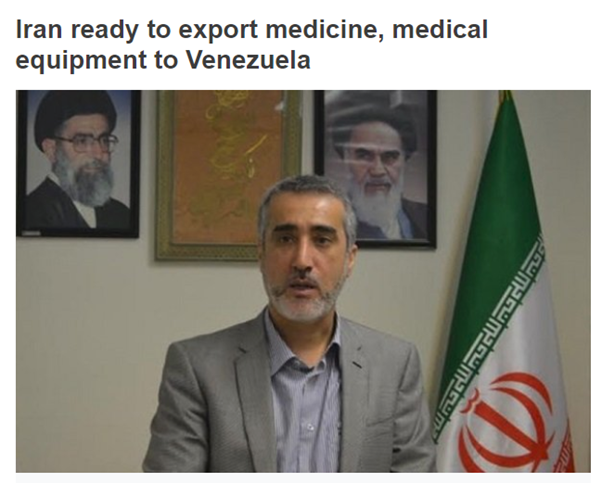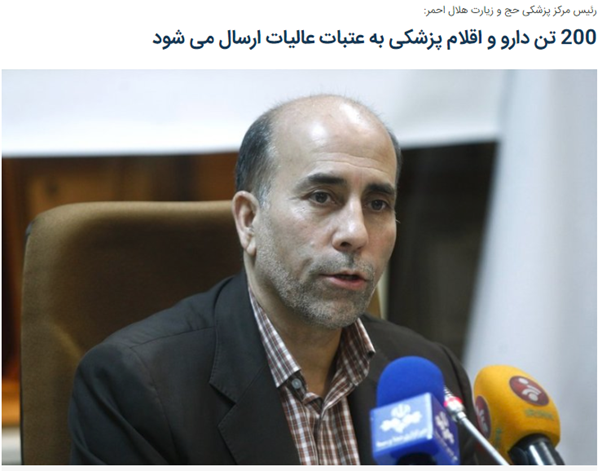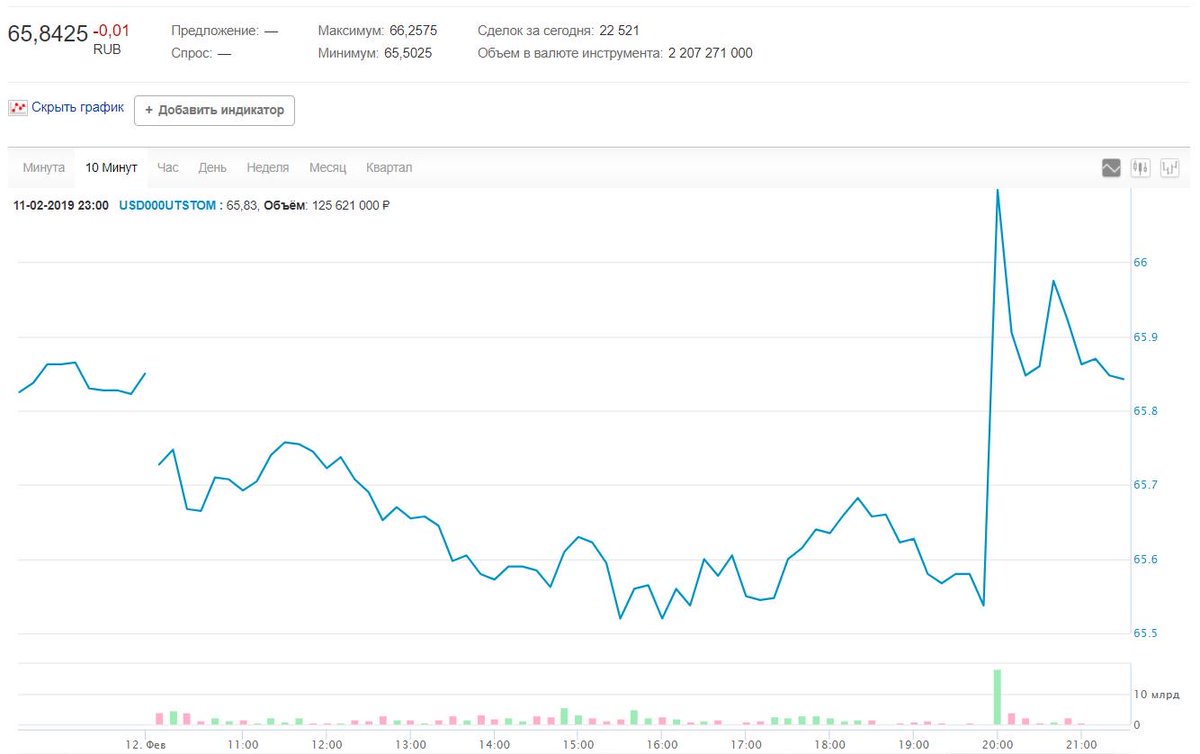
"economic war" on Iran is only likely to achieve economic stagnation, and if economic stagnation encourages a more illiberal politics in a still stable regime, then isn't this a totally ill-conceived strategy?
But the reason why no one has dealt with this question is that not a single relevant stakeholder in DC has an actual understanding of Iran's industrial base and its bearing on the country's economic resiliency.
The fog of an economic war.








